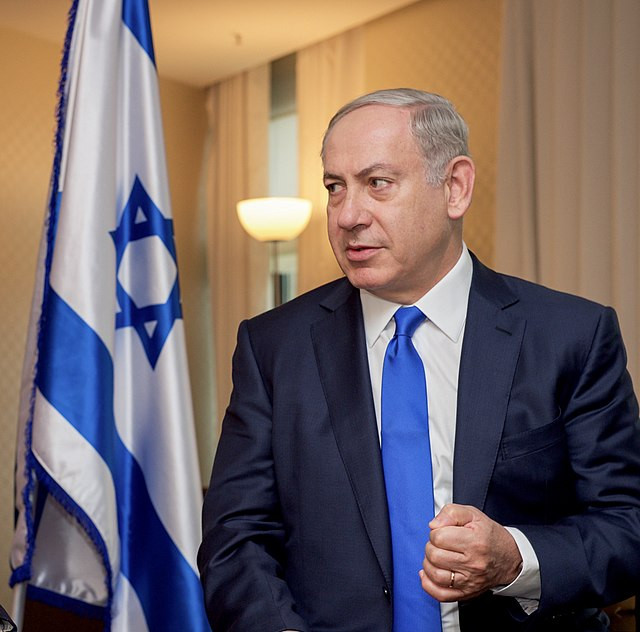As the conflict between Israel and Hezbollah continues to escalate, the death toll in Lebanon has surged, with civilians bearing the brunt of the violence. Israeli airstrikes have targeted Hezbollah positions across southern Lebanon, but many of the strikes have also hit residential areas, raising alarm over the growing number of civilian casualties. The Lebanese Health Ministry reported that over 700 people, including at least 50 children, have been killed since the air campaign began.
Lebanese cities like Beirut and Tyre have been hit hard by the ongoing conflict, with entire neighborhoods reduced to rubble. On Friday, nine members of the same family, including four children, were killed in an overnight airstrike in southern Lebanon, according to local sources. Rescue workers, racing through the devastated streets, have struggled to keep up with the rising number of casualties and displaced individuals.
The Israeli military has justified its actions by pointing to Hezbollah's extensive network of weapons depots and missile launchers, many of which are embedded within civilian infrastructure. "We are targeting Hezbollah's military assets, but they have been deliberately concealed among civilian populations," said an Israeli Defense Forces (IDF) spokesperson. Israel has repeatedly urged civilians in Hezbollah-controlled areas to evacuate, though critics argue that many are unable to flee, leading to high civilian casualties.
In response, Hezbollah has ramped up its missile strikes, firing rockets at Israeli cities such as Haifa and Tiberias. The Israel Defense Forces reported that most of the rockets were intercepted by their defense systems or landed in unpopulated areas. Meanwhile, the conflict's reach has extended beyond Lebanon. Houthi rebels in Yemen, aligned with Iran like Hezbollah, launched missiles at Israel in solidarity with Palestinians in Gaza, further complicating the region's instability.
The unfolding crisis coincides with Israeli Prime Minister Benjamin Netanyahu's high-profile appearance at the United Nations General Assembly in New York, where he addressed global concerns regarding the conflict. Netanyahu's office has been at the center of conflicting reports about Israel's position on a U.S.- and French-backed cease-fire proposal. Initially, Netanyahu's office dismissed rumors that he was considering a cease-fire, but in a later statement, he appeared to open the door to further discussions on the matter.
"Israel shares the aims of the U.S.-led initiative of enabling people along our northern border to return safely and securely to their homes," read a statement from Netanyahu's office, signaling a shift in tone. While Netanyahu has faced pressure to ease the military campaign, his government remains determined to neutralize Hezbollah's military capabilities. "The Prime Minister has directed the IDF to continue fighting with full force," the statement added.
The international community has been divided over the conflict, with some world leaders pushing for a cease-fire and others expressing concerns about Hezbollah's growing influence in the region. French President Emmanuel Macron has been particularly vocal, warning Israel that its actions in Lebanon could have significant consequences. "Israel cannot expand its operations to Lebanon without consequences," Macron said, calling for immediate de-escalation.
In Washington, U.S. officials have urged restraint but stopped short of publicly endorsing a cease-fire. Sabrina Singh, a Pentagon spokesperson, confirmed that the U.S. has not provided Israel with military assistance or intelligence for its campaign in Lebanon. "We are encouraging all parties to avoid further escalation," Singh stated. Despite the pressure, Netanyahu has maintained a hardline stance, emphasizing that Israel will continue to defend itself against threats posed by Hezbollah and other Iran-backed groups.
Hezbollah, for its part, has entrenched itself within civilian populations across southern Lebanon for years, creating a sophisticated network that has made military operations particularly challenging. According to research by the Israel-based Alma Research Center, Hezbollah has embedded weapons depots, missile launchers, and command centers in civilian homes, schools, and hospitals. "The phenomenon of renting houses, rooms, and warehouses within Shiite civilian areas by Hezbollah is well-known and has only accelerated since the 2000s," said Tal Beeri, head of research at Alma.
The civilian infrastructure that Hezbollah exploits has made it difficult for Israel to avoid collateral damage, despite the precision of their airstrikes. Beeri's research indicates that Hezbollah has used a system of "Rabat" officials to coordinate its activities within local communities, often turning civilians into unwitting human shields. "The 'Rabat' officials strengthen Hezbollah's grip on the residents, turning entire villages into strategic assets for their military operations," Beeri noted.
As the conflict drags on, the international community continues to call for a cease-fire, but the prospect of peace remains uncertain. Netanyahu is expected to continue consultations with U.S. and French officials on the cease-fire proposal, though he has not committed to any specific actions. Meanwhile, humanitarian organizations are warning that the situation in Lebanon is reaching a critical point, with more than 100,000 people already displaced and the number likely to rise as the conflict continues.




